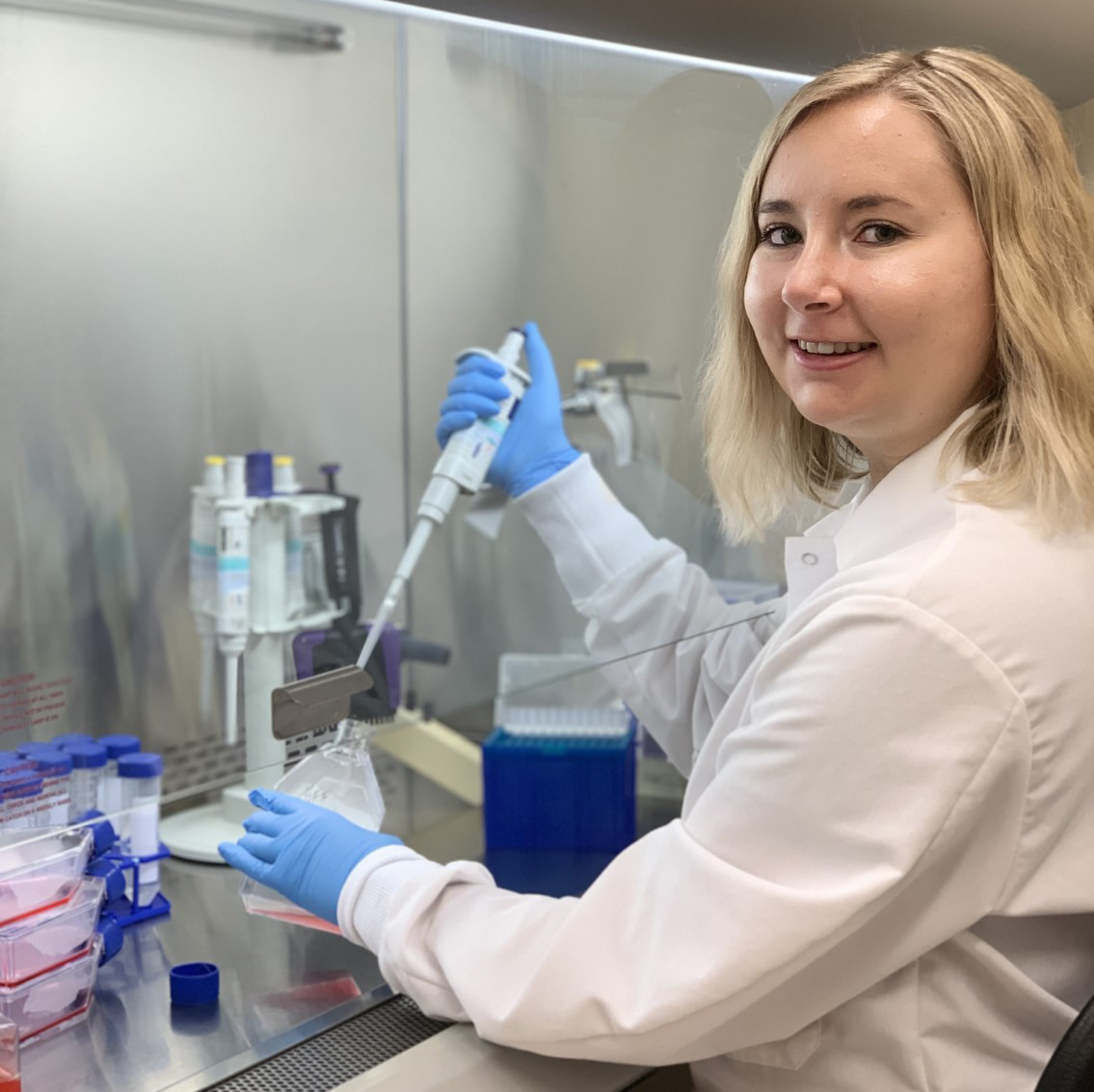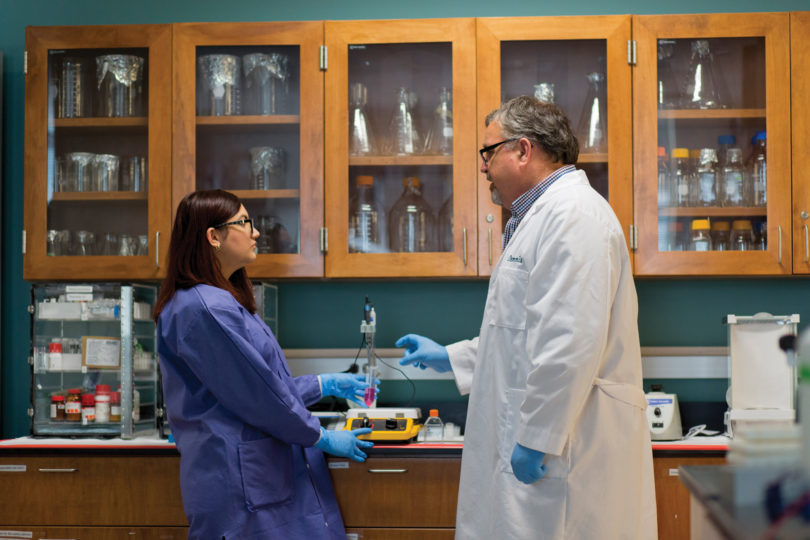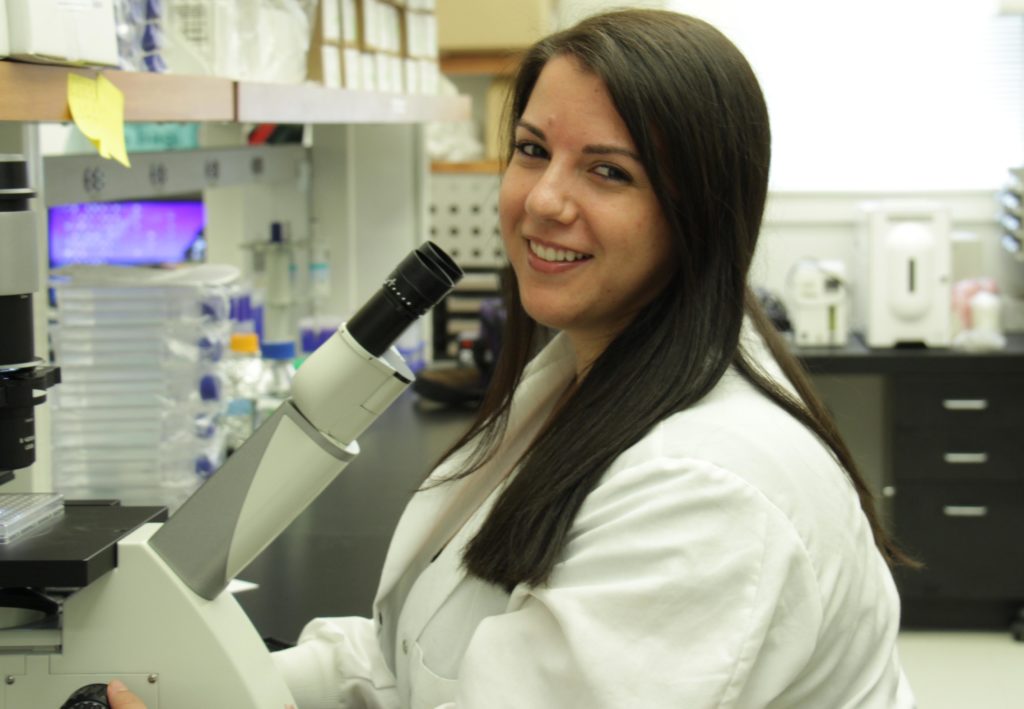EdU incorporation to assess cell proliferation and drug susceptibility in Naegleria fowleri
Naegleria fowleri is a pathogenic free-living amoeba that is commonly found in warm, freshwater and can cause a rapidly fulminant disease known as primary amoebic meningoencephalitis (PAM). New drugs are urgently needed to treat PAM, as the fatality rate is >97%. Until recently, few advances have been made in the discovery of new drugs for N. fowleri and one drawback is the lack of validated tools and methods to enhance drug discovery and diagnostics research. In this study we aimed to validate alternative methods to assess cell proliferation that are commonly used for other cell types and develop a novel drug screening assay to evaluate drug efficacy on N. fowleri replication. EdU (5-ethynyl-2′-deoxyuridine) is a pyrimidine analog of thymidine that can be used as a quantitative endpoint for cell proliferation. EdU incorporation is detected via a copper catalyzed click reaction with an Alexa Fluor linked azide. EdU incorporation in replicating N. fowleri was validated using fluorescence microscopy and quantitative methods for assessing EdU incorporation were developed by using an imaging flow cytometer. Currently used PAM therapeutics inhibited N. fowleri replication and EdU incorporation in vitro EdA (5’ethynyl-2′-deoxyadenosine), an adenine analog, also was incorporated by N. fowleri, but was more cytotoxic than EdU. In summary, EdU incorporation could be used as a complimentary method for drug discovery for these neglected pathogens.



